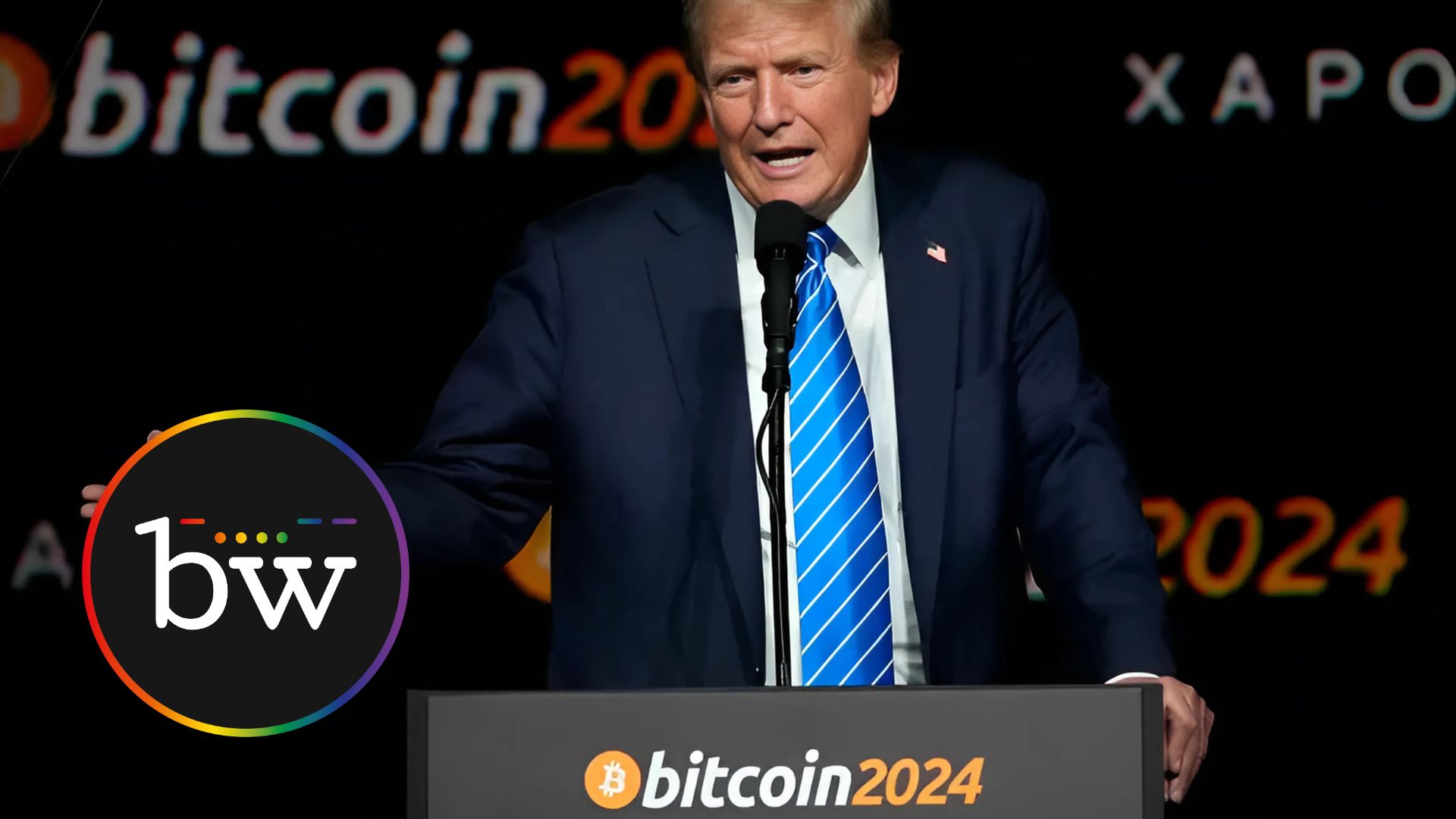The Crypto Cabinet: Trump’s Second Term Gamble on Blockchain and Bureaucracy
With the triumphant announcement of his “crypto Cabinet,” President-elect Donald Trump has made a bold—and bewildering—statement: America’s future is blockchain. In a move that has sent shockwaves through Washington and the financial markets, Trump has revealed plans for a revolutionary, pseudo-department named after a meme cryptocurrency. Headed by tech tycoon Elon Musk and entrepreneur-politician Vivek Ramaswamy, the Department of Government Efficiency (D.O.G.E.) promises to “dismantle bureaucracy” and transform the federal government. But critics warn that this might be less of a leap into the future and more of a stumble into chaos.
The Nut Graph
Trump’s crypto-fuelled initiative arrives at a crucial juncture, as his re-election victory energises his base and rattles his detractors. The creation of D.O.G.E., set to function outside traditional government structures, epitomises Trump’s penchant for spectacle over substance. Its ambitious goal: to streamline government, slash spending, and reshape federal agencies, all before the 250th anniversary of the Declaration of Independence in 2026. The announcement has sent cryptocurrency markets soaring, with Dogecoin doubling in value since the election. Yet questions linger: is this a genuine effort to modernise government, or just another populist play?
Inside the Crypto Cabinet
Trump’s decision to appoint two high-profile, polarising figures to lead D.O.G.E. has raised eyebrows. Elon Musk, a self-styled “Dogefather,” has long advocated for cryptocurrencies like Bitcoin (BTC) and Dogecoin (DOGE). His endorsement, coupled with Trump’s campaign promises to “fire anti-crypto regulators,” has sparked a frenzy among digital asset investors. Meanwhile, Ramaswamy, who has called for sweeping reductions in government size, brings a tech-driven libertarian ethos to the table.
But critics point out the irony: a department dedicated to efficiency requiring two leaders, both known for their larger-than-life personas and controversial statements. “It’s a recipe for dysfunction,” said a senior political analyst, adding that “Musk and Ramaswamy are more likely to clash than collaborate.”
A Meme on Mars
The fanfare surrounding D.O.G.E. has taken on a distinctly surreal quality. Trump’s campaign merchandise now features Musk and Trump standing against a Martian backdrop, flanked by a Shiba Inu—the breed synonymous with the Dogecoin meme. Social media platforms erupted after Musk tweeted a D.O.G.E. logo emblazoned with the same dog, cementing the initiative’s meme-driven identity.
Yet, behind the gimmicks lies a deeper, more controversial agenda. By empowering figures like Musk and Ramaswamy, Trump appears intent on sidelining traditional institutions in favour of disruptive, tech-centric leadership. Critics worry this approach could leave federal agencies crippled, particularly if D.O.G.E. recommendations result in sweeping job cuts or AI-driven automation.
Regulators on the Ropes
One of Trump’s most controversial promises is to remove Securities and Exchange Commission (SEC) chair Gary Gensler “on day one.” Gensler, known for his tough stance on cryptocurrencies, has been a thorn in the side of the digital asset sector. Trump’s supporters believe his ousting will pave the way for a more crypto-friendly regulatory environment, potentially including the approval of a long-awaited Dogecoin-based exchange-traded fund (ETF).
Speculation about Gensler’s successor has centred on pro-crypto figures, including former SEC commissioners Paul Atkins and Dan Gallagher. However, insiders suggest that the frontrunner could be Hester Peirce, the so-called “Crypto Mum,” who has consistently criticised the SEC’s restrictive policies. Regardless of who takes the helm, the direction is clear: Trump wants to make crypto regulation a thing of the past.
Crypto Goes to War
Beyond D.O.G.E., Trump’s Cabinet picks have revealed a striking affinity for digital assets. Secretary of Defence nominee Pete Hegseth has declared himself “a Bitcoin guy,” while Attorney General pick Matt Gaetz, whose contentious past includes a federal sex-trafficking investigation, has championed crypto-friendly legislation. Trump’s decision to push these figures into critical roles has raised alarms on Capitol Hill, where sceptics question their qualifications and motives.
Meanwhile, Trump has yet to name a Treasury secretary, but speculation points to hedge fund manager Scott Bessent or Wall Street titan Howard Lutnick. Both men have ties to the crypto sector, with Lutnick’s connection to Tether—a controversial stablecoin issuer—raising potential conflicts of interest.
A High-Stakes Gamble
Trump’s second term ambitions hinge on the success of D.O.G.E. and his wider crypto agenda. Yet the risks are enormous. Observers warn that relying on figures like Musk, who has a history of over-promising and under-delivering, could destabilise essential government functions. Musk’s slash-and-burn management style—epitomised by his handling of Twitter, now rebranded as “X”—has left many questioning his ability to handle the complexity of federal reforms.
Critics also note the potential for conflict between Trump’s promises and the realities of governance. While Musk and Ramaswamy advocate for radical downsizing, the resulting inefficiencies could undermine Trump’s ambitious plans to remake America. “Cutting corners might save money in the short term,” one analyst noted, “but the long-term consequences could be disastrous.”
The Future of Governance or a Crypto Fever Dream?
As Trump barrels into his second term, his crypto Cabinet embodies both the promise and peril of his unorthodox approach. Supporters argue that embracing digital assets could position America as a global leader in innovation. But detractors see a chaotic experiment that risks undermining public trust and destabilising key institutions.
Whether D.O.G.E. becomes a transformative force or a punchline in political history remains to be seen. For now, one thing is certain: Trump has once again proven his ability to dominate headlines and divide opinions. As the sun rises on his second term, America stands on the precipice of a brave new world—or perhaps just a brave new meme.

